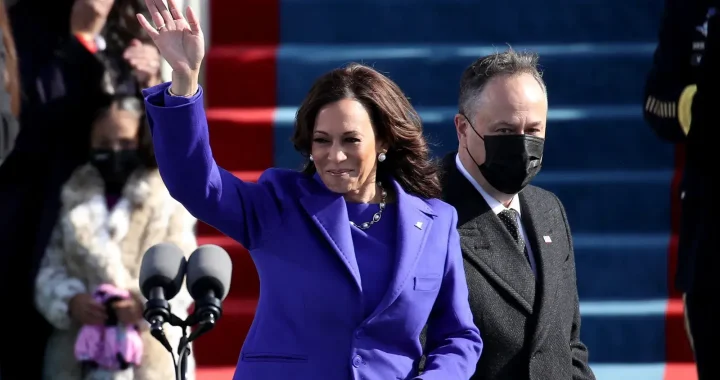Fake Stamps: China Blamed for Rise in UK Counterfeits

According to insiders at Royal Mail, there has been a surge in complaints regarding counterfeit stamps flooding the UK market from China. These fake stamps, sold at a mere 4p each, are causing legitimate purchases from authorized retailers to be mistakenly flagged as fraudulent, potentially leading to a £5 penalty.
China is to blame for a rise in the number of fake stamps circulating in the UK, a senior MP has told the BBC.
It follows an increase in complaints that stamps bought from legitimate stores were found to be counterfeit. Anyone who receives a letter with a fake stamp is charged £5 by Royal Mail.
Conservative MP Iain Duncan Smith told BBC Breakfast: “China is behind it.”
A Royal Mail spokesman said: “We are working hard to remove counterfeit stamps from circulation.”
Reports suggest people are unknowingly buying the fakes from Chinese firms through various online marketplaces.
Consumers are being asked to look out for strange perforations around the edge of a stamp, a shine to the surface or the colour looking off.
Alan Mendoza, from security think tank the Henry Jackson Society, told BBC Breakfast: “We don’t know the extent on whether the Chinese government are involved – but what we do know is that Chinese firms are involved.”
However, the chance of getting a counterfeit stamp is low, Royal Mail’s director of external affairs and policy, David Gold, told the BBC’s Watchdog programme on Wednesday.
“People should understand that the overwhelming majority of stamps on sale are legitimate,” he said.
“The number of [counterfeit] stamps that we are spotting account for less than 0.1% of the total stamps going through the network.”
Barcoded stamps were introduced in 2022 to cut down on the sale of fakes and Mr Gold said this had reduced the number of counterfeits by 90%.
A Royal Mail spokesman said: “We regularly monitor online marketplaces to detect suspicious activity, such as sales of heavily discounted stamps and work closely with retailers and law enforcement agencies to identify those who produce counterfeit stamps.”
He further stressed the importance of Royal Mail taking all necessary measures to block fake stamps from circulating and to pinpoint their origins and how they’re infiltrating the market. Meanwhile, The Times reported a response from a spokesperson at the Chinese Embassy in London, dismissing the allegations as “absurd”.
The embassy representative retorted: “It is totally ridiculous, absurd and ill-intentional. How could one imagine a sovereign country triggers war by bringing fake stamps? If this case really happened, (the) first thing to do is to have (a) thorough investigation over the internal supply chain, instead of pursuing the attention of (the) media.”
 Breaking News – Kamala Harris Declares Intention To Run For Presidency
Breaking News – Kamala Harris Declares Intention To Run For Presidency  Obama joins Democrats urging Biden to ‘Reconsider’ Campaign
Obama joins Democrats urging Biden to ‘Reconsider’ Campaign  Eric Trump Demands Answers from Secret Service Director
Eric Trump Demands Answers from Secret Service Director  Europe Should Prepare for President JD Vance
Europe Should Prepare for President JD Vance  Is Anywhere Safe for Paul Kagame’s Critics?
Is Anywhere Safe for Paul Kagame’s Critics?  RNC Address Beef: Amber Rose Fires Back At Joy Reid
RNC Address Beef: Amber Rose Fires Back At Joy Reid  Biography Of Kamala Harris, Her Early Life, And Road To Presidency
Biography Of Kamala Harris, Her Early Life, And Road To Presidency  Top Achievements Of President Joe Biden You Might Have Missed
Top Achievements Of President Joe Biden You Might Have Missed